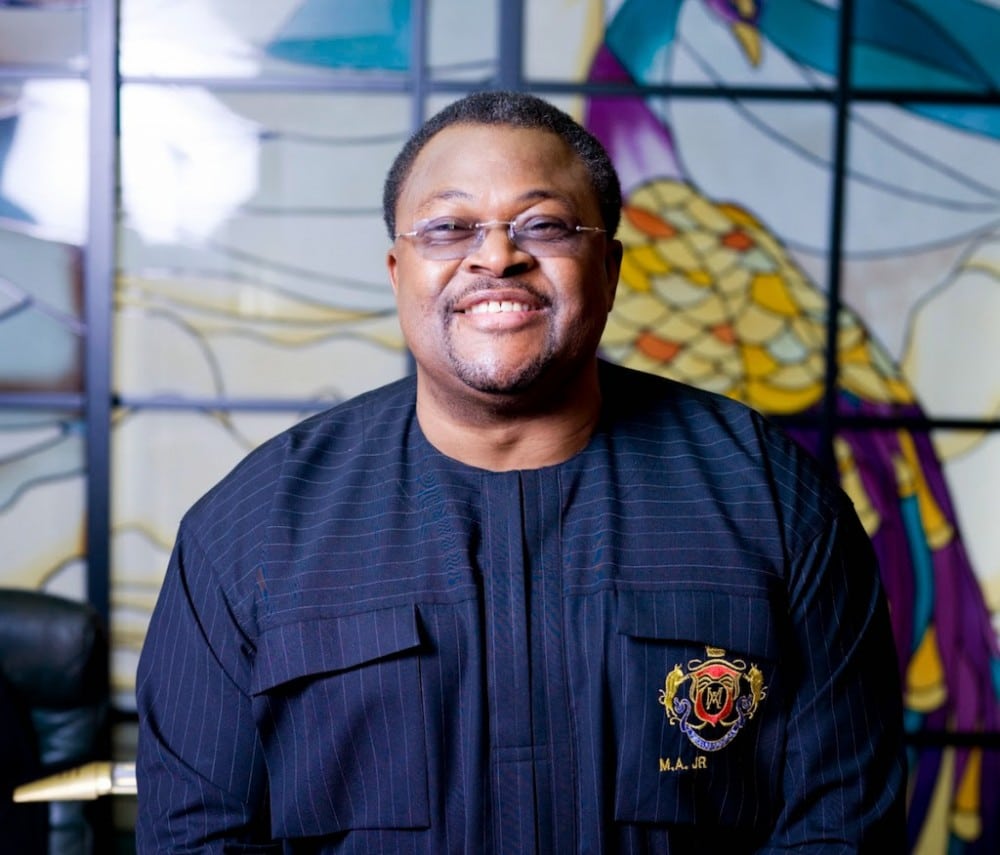Globacom has been given two years to name a chief executive officer (CEO) distinct from its chairman or face possible regulatory action from the Nigerian Communications Commission (NCC). The directive is part of new corporate governance rules unveiled on August 7, 2025, aimed at boosting accountability, transparency, and operational independence in Nigeria’s telecom industry.

“This mirrors reforms introduced in the banking sector years ago to align with international corporate governance standards,” said a telecom executive who requested anonymity. “It’s overdue for telecoms.”
The guidelines require telecom operators to separate the roles of board chairman and CEO—a practice already in place at MTN Nigeria, Airtel, and T2 (formerly 9mobile). Globacom, however, remains the only major operator yet to comply, with its founder and chairman, Mike Adenuga, also serving as CEO since inception.
Globacom did not respond to requests for comment.
The concentration of both strategic and operational power in one office has been a defining feature of Globacom’s governance, drawing periodic scrutiny. Adenuga’s leadership is widely credited with building the company into a formidable market player, but the lack of a truly independent CEO has slowed its alignment with global governance norms.
In 2024, the company appeared to take a step toward compliance by appointing seasoned telecom executive Ahmad Farroukh as CEO. However, his tenure lasted only two months. While no official explanation was provided, industry sources suggest differences over operational authority prompted his early exit—returning the company to its founder-led arrangement in breach of the NCC’s framework.
The updated Corporate Governance Guidelines require telecom boards to have at least five members, including a non-executive chairman, a managing director/CEO, executive directors, non-executive directors, and independent non-executive directors. Non-executive directors must outnumber executive directors, with at least a third of the board being independent.
At least two non-executive directors—one of them independent—must also have expertise in ICT or cybersecurity. The chairman must be a non-executive director chosen by the board and cannot hold executive powers or double as MD/CEO under any circumstances.
The NCC’s enforcement powers include fines, licence suspension, or even revocation for persistent non-compliance. In severe cases, it may order changes in a company’s leadership.
While MTN, Airtel, and 9mobile have embraced leadership separation and stronger board independence, Globacom has maintained its founder-led structure. This has delivered consistency in vision but has also concentrated decision-making and made governance reform challenging—an issue brought into sharp focus by Farroukh’s brief and turbulent stint.
